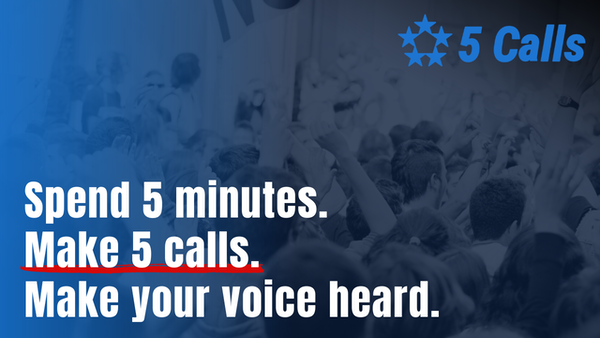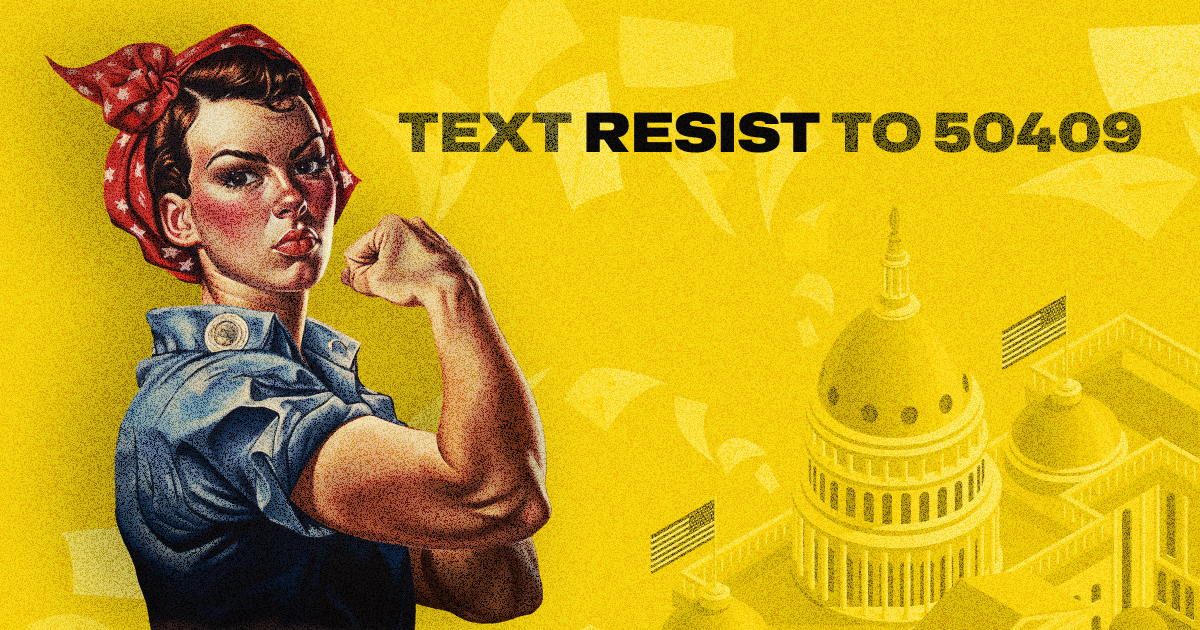You missed my point.
But let me show you something.
View attachment 32368
View attachment 32369
These are from my stamp collection. I got them from my grandfather. I learned about them on my mother's knee. Regular postal stamps with the new value rubberstamped on top of the old value because there was no time or money to print new ones. The red ones are for 2 million Marks each (initially printed as 5,000 and 20,000), the brown one is a postage stamp over 1 billion Marks. The ones next to them with the single digits on them were printed not too long before. I also own emergency money printed by the cities of Heidelberg and Hamburg at a point in time when many cities and small towns started printing their own because the national currency had broken down completely. That's 1923. There is a reason Germans are stability fetishists and fear few things more than inflation.
Family legend also has it that my mother saved her family because she was born after the war but when food was still rationed and since she wad simply a breastfed baby her foodstamps could go towards more calories for her siblings. She grew up with displaced persons from the East being send to live with her family by the city authorities because the city was bombed to pieces and there were not enough houses left standing for everybody. My grandfather was one of those city folks who took the train into the countryside to find farmers who would trade artworks, silverware or jewelry for food. When my uncles were taken to visit relatives in the countryside as little boys they ate so much food that they got ill because their little stomachs were not used to regular portions. My grandfather, who had grown up on a farm himself, decided to plant potatos in his city garden for ever after so that his family would never go hungry again.
When my dad, who worked on construction sites to finance his university education as a half-orphan noticed that somebody had stolen his university cafeteria foodstamps for the month he lived on the apples in his landlord's garden for several weeks.
As a school kid I was made to read a postapocalyptic novel about nuclear fallout and the end of civilization. My mother, a science teacher, taught me that if you had to pick just two things to live on you get by relatively well on potatos and milk. When I was a teenager, she gifted me the biography of a Jewish man who had been born in Germany and was forced to live in six different countries, speaking five languages and learning half a dozend professions just to survive. The quote she wrote in my poetry album was by the Roman stoic Epictetus: "One should not moor one's ship to one anchor nor one's life to one hope". It was important for her to teach her children to always be flexible, be content with what you've got, smell the roses and always have a plan B.
I am carrying that heritage with me. It's in my blood. On the 16th of March 2020 I picked up my daughter from kindergarden. There was lots of nervous chatter among the parents during pickup time. Apparently a national state of emergency had been declared, it was completely unclear what would happen next. There were rumors that even supermarkets and other food sources might be closed very soon. So I grapped my kid and went to the supermarket. The mood there was extremely grim. Nobody acted out or panicked, but you could see the fear and concern on all the faces. People were shopping hastily and in eery silence.... I grabed a few kilos of potatos.
And Lindt chocolate, prijatelju moj, is not "elite chocolate". It is simply good quality.




